The paper is available here: doi.org/10.1162/glep...
Looking forward to the 3rd NDCs in 2025!
The paper is available here: doi.org/10.1162/glep...
Looking forward to the 3rd NDCs in 2025!
Emerging & industrialized economies (Umbrella, EU, BASIC) present plans for green growth.
In contrast, developing countries with lower income (LDCs) emphasize conventional growth plans to combat poverty.
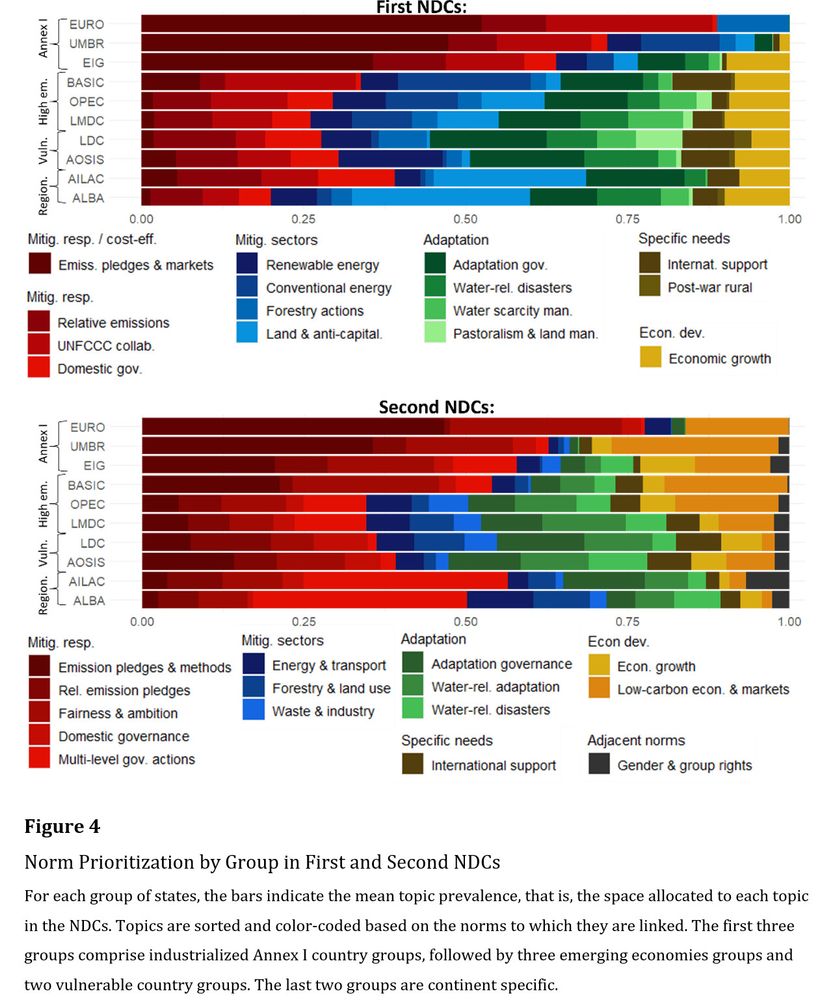
Emerging & industrialized economies (Umbrella, EU, BASIC) present plans for green growth.
In contrast, developing countries with lower income (LDCs) emphasize conventional growth plans to combat poverty.
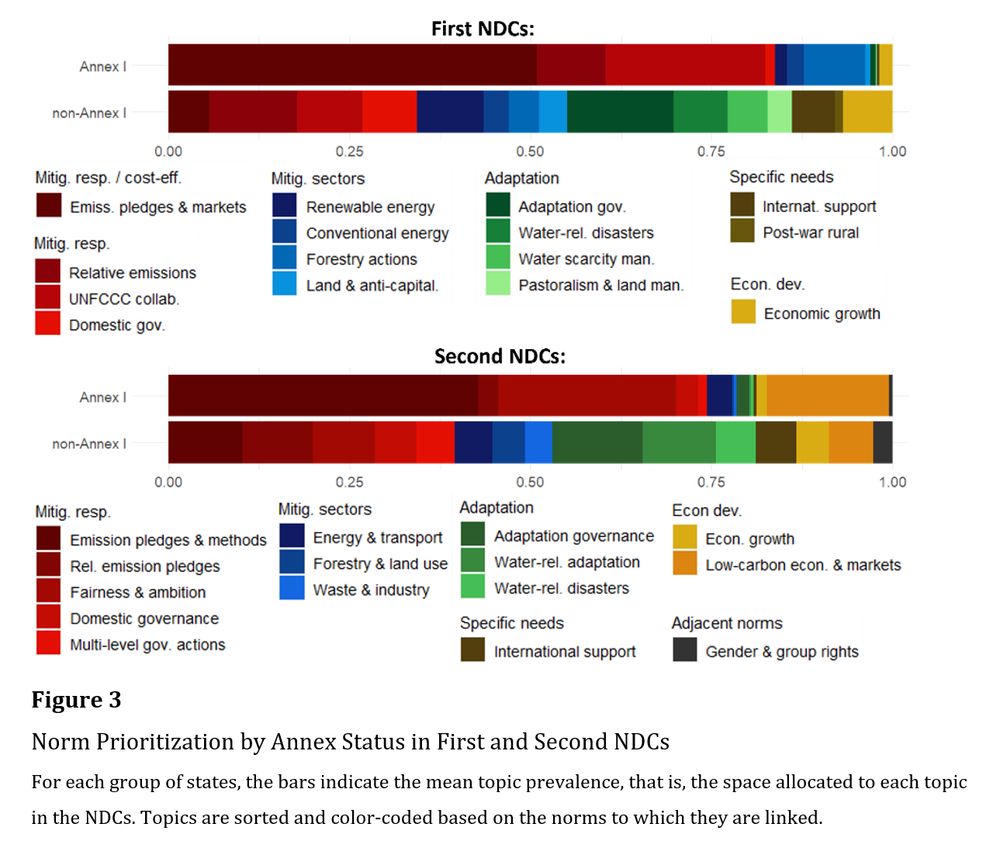
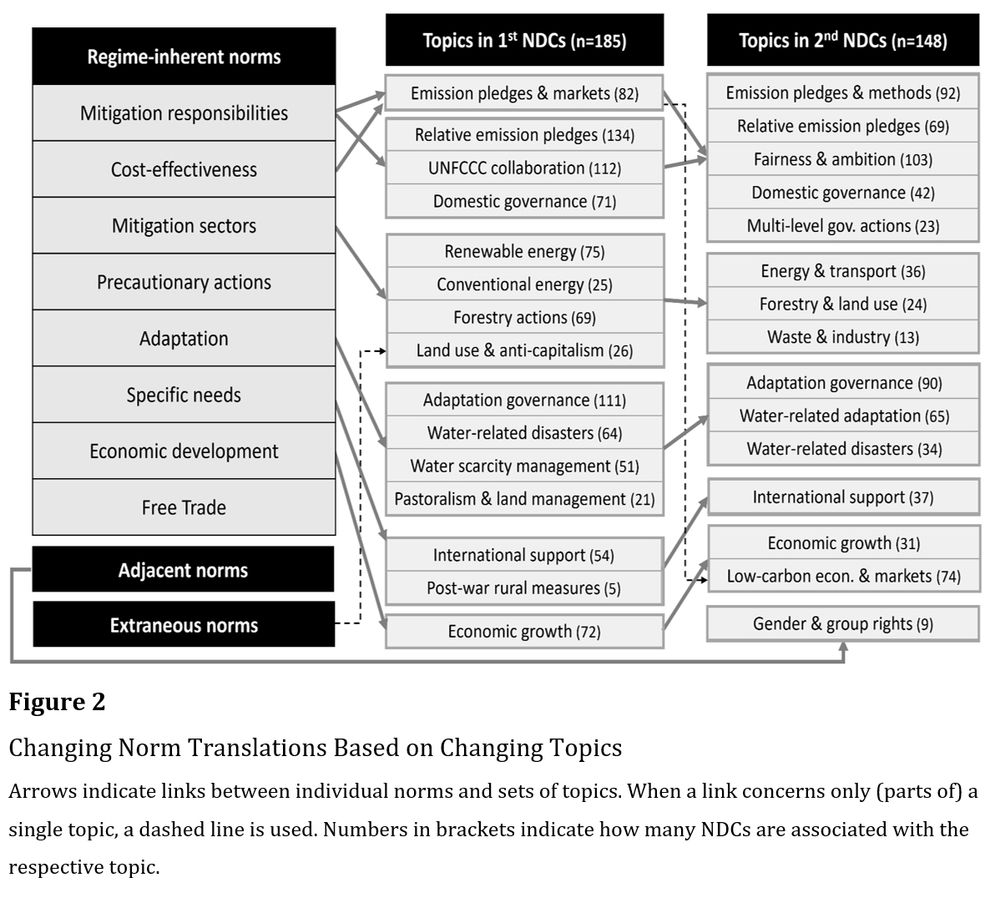
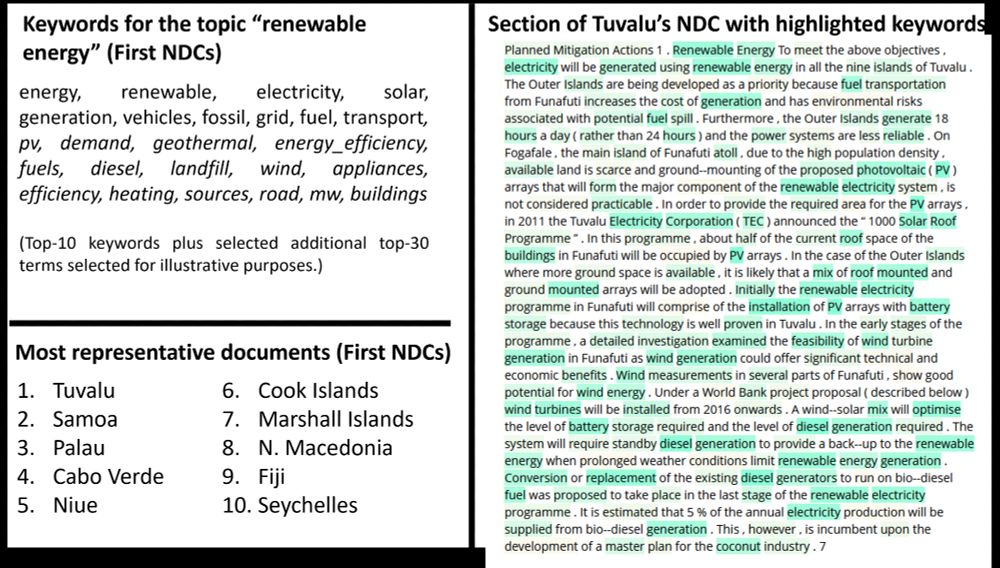
We find many similarities, but two innovations stand out in the second NDCs: Low-carbon economy & human rights!
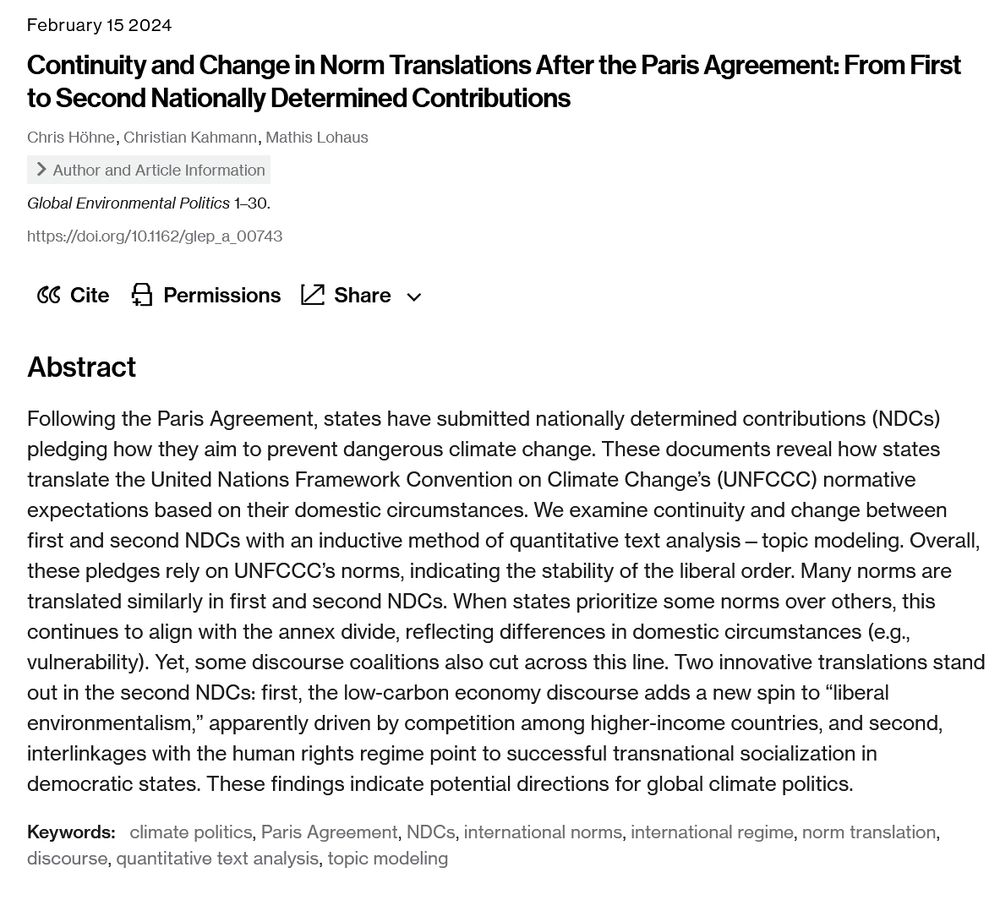
We find many similarities, but two innovations stand out in the second NDCs: Low-carbon economy & human rights!
Emerging & industrialized economies (Umbrella, EU, BASIC) present plans for green growth.
In contrast, developing countries with lower income (LDCs) emphasize conventional growth plans to combat poverty.

Emerging & industrialized economies (Umbrella, EU, BASIC) present plans for green growth.
In contrast, developing countries with lower income (LDCs) emphasize conventional growth plans to combat poverty.




